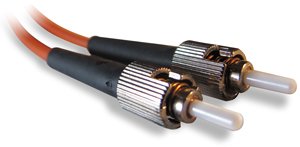jadedavid
New member
- Thread Author
- #1
Have been discussing the best digital transfer connections with several friends. And with all things audio, opinions vary.
Given the choices of BNC, USB or AES/EBU, I would be interested in hearing about your experiences and what you ended up with between these three choices.
Given the choices of BNC, USB or AES/EBU, I would be interested in hearing about your experiences and what you ended up with between these three choices.

